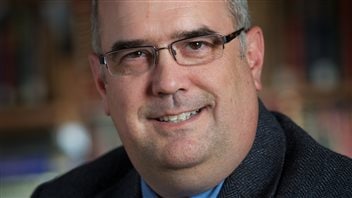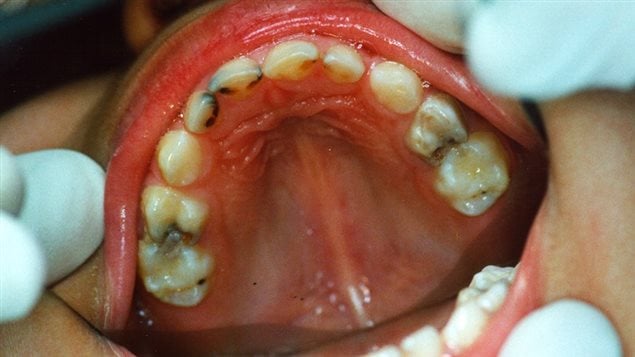Young children got more cavities just three years after the city of Calgary stopped adding fluoride to its drinking supply, according to a study from the University of Calgary. The increase in caries was double that in the city of Edmonton which continued to fluoridate. Both cities are in the western province of Alberta.
Only 37 per cent of Canadians have access to fluoridated water, compared to 75 per cent in the United States.
Some municipalities fluoridate, some don’t
In Canada, each municipality decides whether to add fluoride and opinions about it vary greatly across the country. For example, in the province of British Columbia, less than five per cent of the population has access to fluoridated water. In Manitoba and Ontario, 70 per cent do.
Calgary’s city council decided to stop adding fluoride in 2011 partly because it would have cost $10 million to improve the system and maintenance would have cost one million dollars annually.

Results so soon ‘a bit of a surprise’
The fact that Edmonton, in the same province, continued to add the chemical gave researchers a good opportunity to study the effects on cavities. They studied 5,000 Grade 2 students, usually around seven years old and still with baby teeth. After just three years, all children had more cavities, but those in Calgary had double the caries that they had when water was still fluoridated.
“It was a bit of a surprise to see that kind of difference already and see it significantly between the two communities,” said Steven Patterson, professor of dentistry at the University of Alberta. The study was designed to insure that fluoride was the factor that made the difference.
ListenPatterson hopes the study will inform municipalities when they examine the issue of whether or not to fluoridate their water. A health official with the province of Alberta told CBC news it is too early to decide whether it will reconsider its own policies with regards to the fluoridation of drinking water.







For reasons beyond our control, and for an undetermined period of time, our comment section is now closed. However, our social networks remain open to your contributions.